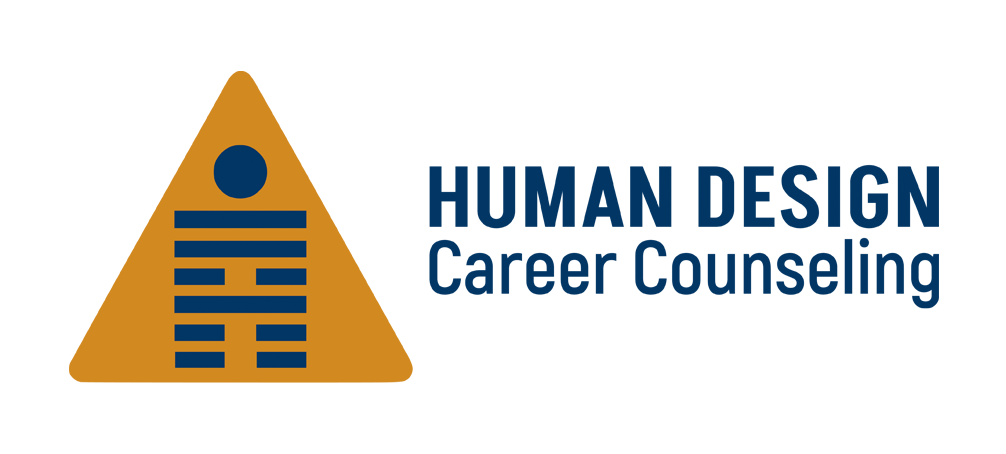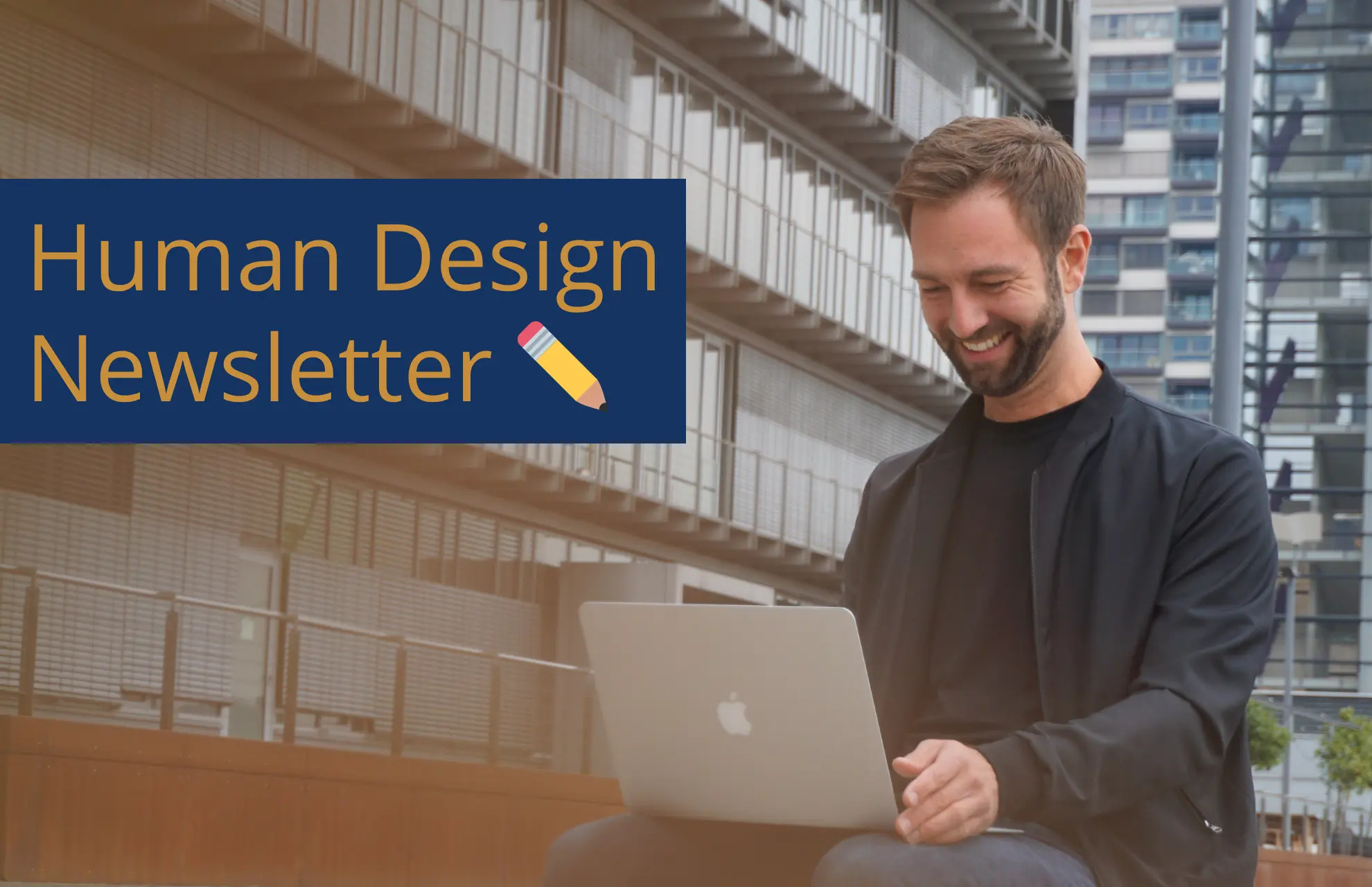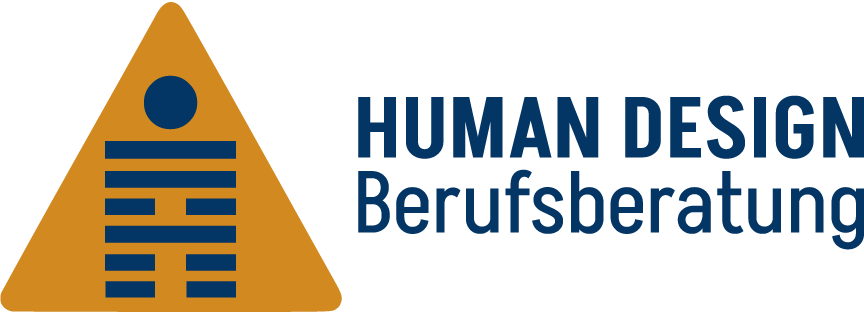Hello,
Artificial intelligence is no longer a thing of the future—it is already changing our everyday lives and our jobs.
AI will definitely swallow a big chunk of jobs.
Because AI can simply do many tasks better than humans, and more or less for free…
Starting from approving loan applications to building prefabricated houses, but also hiring and firing employees.
AI expert Kai-Fu Lee assumes that around 40% of our professional activities will be largely carried out by AI and automation technologies by the year 2033.
Of course, not overnight, but the change is unstoppable.
This development will not only lead to high unemployment, but may also bring a variety of social problems, such as increasing inequality and social unrest.
And the jobs that are most threatened by AI-driven automation are usually routine and entry-level jobs.
Which can lead to the poor becoming even poorer.
Sounds grim, right? But don’t worry, I’m not trying to spread fear, because there is also plenty of reason for hope.
👉🏻 Hope that we can leave tedious tasks behind us and rediscover the humanity within ourselves.
👉🏼 Hoffnung, dass wir die Entwicklung als Chance für ehrliche Beziehungen sehen – auch im Job. (Meine Hoffnung ist z.B., dass ehrenamtliche Arbeit in Zukunft bezahlt wird)
👉🏻 Hope, because we are beginning to recognize what truly makes us unique.
What does this mean for you right now?
You have two options:
1️⃣ Watch from the sidelines and hope that this change won’t affect you.
2️⃣ Or get active and get to know yourself better in order to find out what truly suits you.
My recommendation…
Start with these 3 questions:
1️⃣ What am I particularly good at? (Tip: Human Design can help you with this.)
2️⃣ What genuinely interests me? (Human Design can also support you here.)
3️⃣ What can I do that AI cannot?
Regarding the last question, I’m happy to help you further…
Because what AI really struggles with is…
Creativity: AI cannot choose its own goals or think creatively. And AI also cannot think across different contexts or apply common sense.
Empathy: AI is incapable of feeling empathy or compassion and cannot respond appropriately to emotions. That means AI cannot give a person the feeling of being truly understood and well cared for.
Dexterity: AI and robots cannot perform complex physical tasks that require fine motor skills or precise hand-eye coordination.
Let that sink in. Take your time — and enjoy your day. ☀️
If you’re curious about what I originally wanted to write in this newsletter — namely, how AI can help us learn more about ourselves as humans — then read my blog article: Human Design and Artificial Intelligence.
Thank you for your attention. 🙏🏼
Thomas
More recent newsletters can be found here.
Questions and answers about this newsletter
Which jobs are most threatened by Artificial Intelligence?
Particularly routine and entry-level jobs will be heavily affected by AI and automation. As a result, the risk of social inequality increases – a shift that presents many people with new challenges.
What can humans do better than Artificial Intelligence?
Creativity, empathy, and real dexterity are areas where AI (still) has no chance. These exact abilities are what make us unique – both at work and in everyday life.
Why is self-knowledge so important in the age of AI?
Because you can only take advantage of opportunities when you know what makes you who you are. Those who understand their energy, motivation, and strengths can make more conscious decisions and remain capable of taking action, even in BANI times.
What questions should I ask myself to remain future-proof?
Ask yourself: What am I particularly good at? What really interests me? And what can I do that AI cannot? Human Design offers you concrete answers and clarity for your career direction.





0 Comments